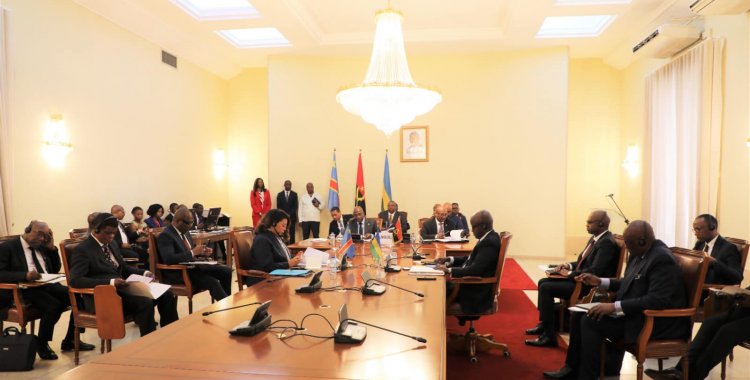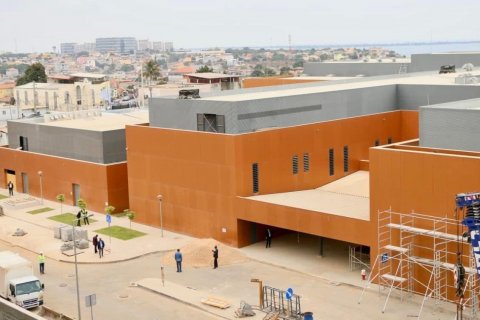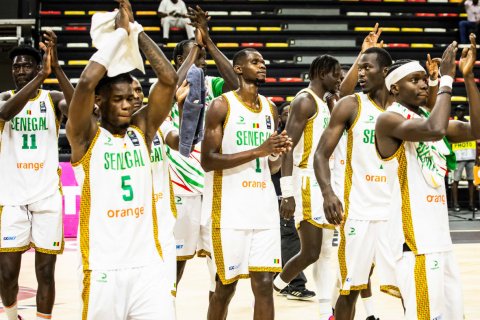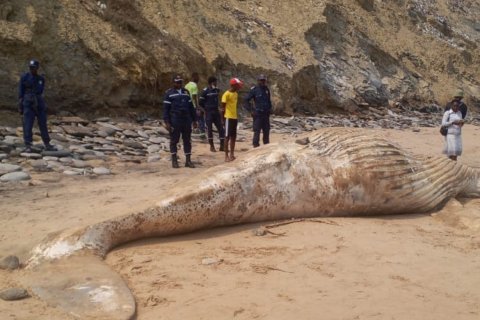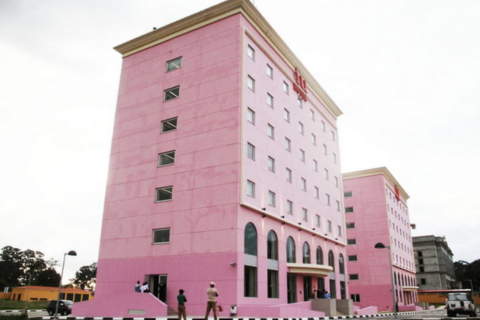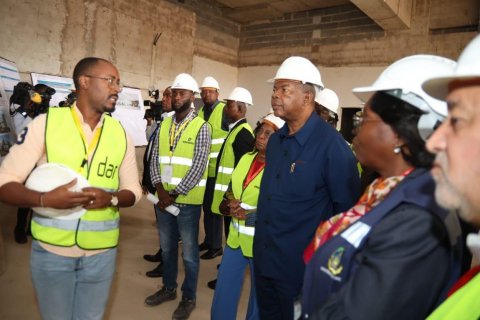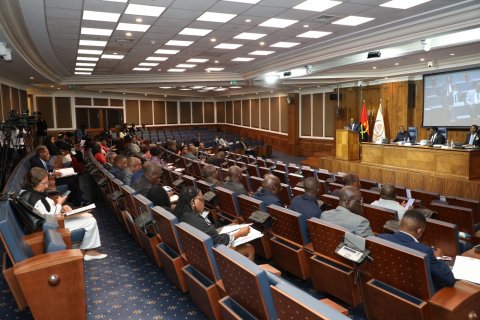Representatives from the two countries' foreign ministries approved the plan on Tuesday during a meeting in Luanda, which is mediating the conflict, the local UN-sponsored radio station Radio Okapi reported on Wednesday.
It is a key step towards peace in eastern DR Congo, where dozens of rebel groups operate, as the end of the FDLR is a demand of the Rwandan government, which collaborates with the powerful March 23 Movement (M23), which is in conflict with the regular Congolese army.
Although Rwandan authorities deny Kigali's alleged collaboration with the M23, this has been confirmed by the UN.
In turn, Rwanda and the M23 accuse the Congolese army of cooperating with the FDLR rebels, founded in 2000 by leaders of the 1994 genocide and other Rwandans (Hutus) exiled in the DR Congo to regain political power in their country, a collaboration also confirmed by the UN.
On 30 July, delegations from the DR Congo and Rwanda signed a ceasefire agreement in Luanda between the Armed Forces of the DR Congo (FARDC) and the M23, which came into effect in the early hours of 4 August and has been violated on several occasions.
The armed activity of the M23 was reactivated in 2022 after years of relative calm and, since then, the group has advanced on several fronts to position itself near the city of Goma, on the shores of Lake Kivu, which it occupied for ten days in 2012.
Since 1998, the east of the DR Congo has been plunged into a conflict fuelled by rebel militias and the army, despite the presence of the UN peacekeeping mission in the country (Monusco).

